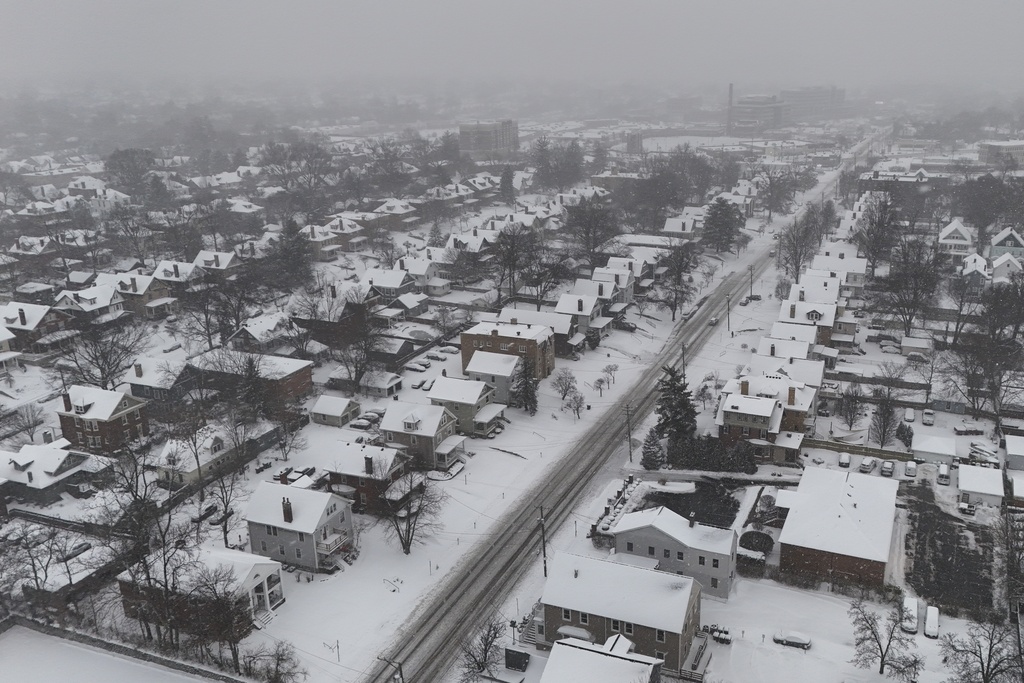
"The announcement by Trudeau today is long overdue, and the upside is obvious: it gives Canada a chance to be great again." "In a series of elections over the last three or four years, virtually every Western country's population has moved to the right …. [Trudeau] apparently didn't want to be governor of a new U.S. state, [so] I guess Donald Trump might have helped spur this announcement today." Gary Bauer, chairman |
Trudeau said "internal battles" mean that he "cannot be the best option" in the next election. He planned to stay on as prime minister until a new leader of the Liberal Party is chosen.
An official familiar with the matter said Parliament, which had been due to resume Jan. 27, will be suspended until March 24. The timing will allow for a Liberal Party leadership race. The official spoke on condition of anonymity because they were not authorized to speak about the matter publicly.
All three main opposition parties have said they plan to topple the Liberal Party in a no-confidence vote when Parliament resumes, so a spring election to pick a permanent replacement was almost assured.
Trudeau came to power in 2015 after 10 years of Conservative Party rule, and had initially been hailed for returning the country to its liberal past. But the 53-year-old scion of one of Canada's most famous prime ministers became deeply unpopular with voters in recent years over a range of issues, including the soaring cost of food and housing, and surging immigration.
The political upheaval comes at a difficult moment for Canada internationally. U.S. President-elect Donald Trump has threatened to impose 25% tariffs on all Canadian goods if the government does not stem what Trump calls a flow of migrants and drugs in the U.S. — even though far fewer of each crosses into the U.S. from Canada than from Mexico, which Trump has also threatened.
Canada is a major exporter of oil and natural gas to the U.S., which also relies on its northern neighbor for steel, aluminum and autos.







